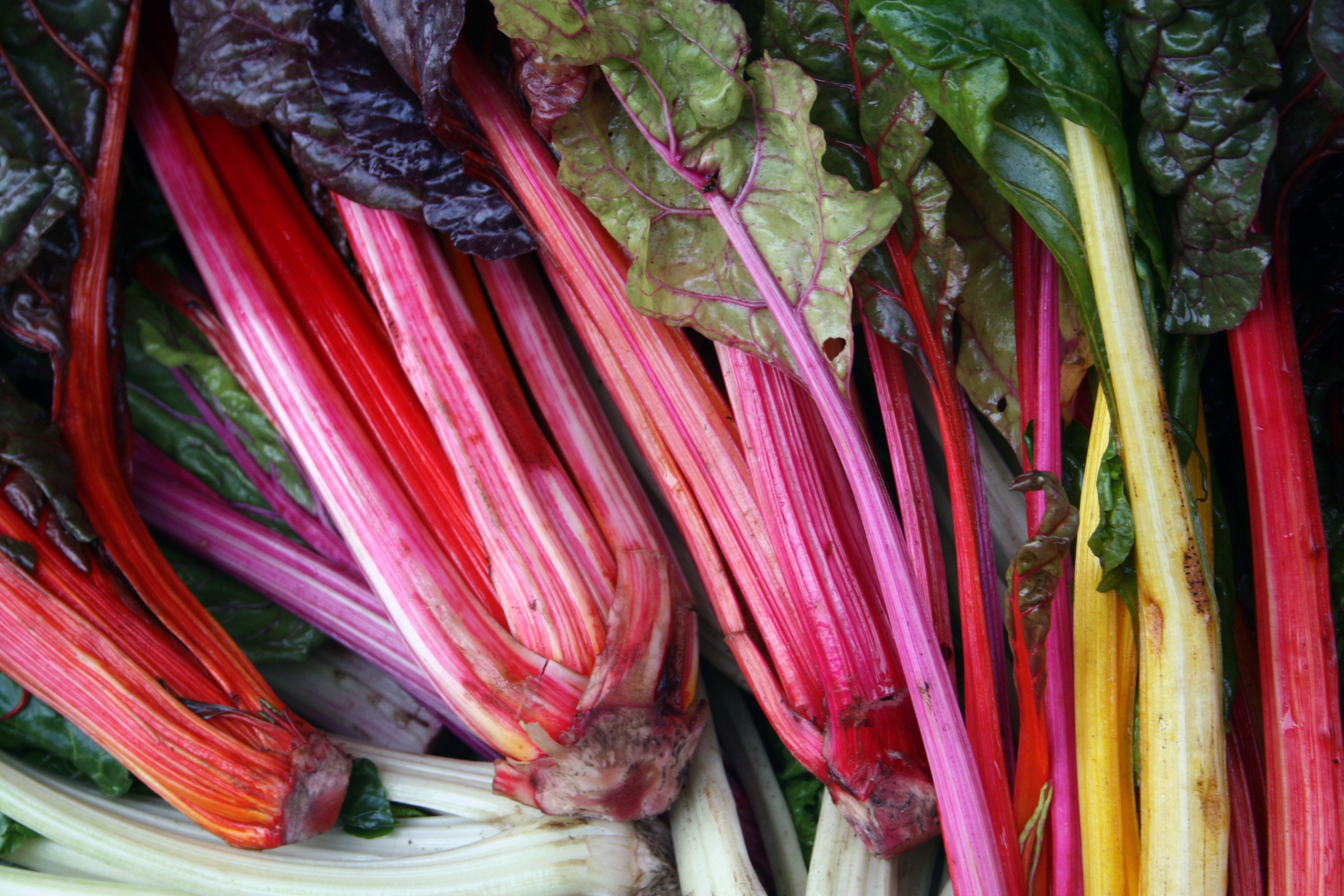In today’s modern age when we think of our food, not many of us think much further than Safeway or Coles. Industrialised agriculture rapidly moved food production out of the hands of citizens to the shelves of supermarkets.
But grassroots networks of communities like the worldwide network of ‘Transition Towns’ have began to bring food production back to local areas.
The relationship around food and society has a long history. One of the reasons for the creation of the first urban cities was food. The city was a place to protect agriculture stocks and trade them.
But with the advent of industrialised agriculture, food production moved away from urban centers and is managed by few commercial conglomerates and long supply chains.
‘Transition Towns’ – founded on the principles of permaculture (self-sustaining and maintaining ecosystems) – is a global grassroots movement to counter peak oil and climate change.
The aim is to equip communities with access to food grown locally. The communities are encouraged to reduce the need for energy use and reduce long supply chains that are dependent on fossil fuels for essential items.
Food is a key area of the movement with a principal idea being, ‘Food feet, not food miles’.
Part of the initiative is community gardens where a shared local space is used to cultivate food. Trading days are organised where people can bring vegetables, fruit, eggs, milk or whatever they have harvest to be swapped or sold.
Key to the campaign is supporting local business, community composting and business waste exchange (matching the waste of one industry with another industry that uses that waste).
‘Transition Towns’ are organised by people in the community and have pooped up all over Australia and the world.
Each local community has there own initiatives. Some like Transition Towns Coburg hold meetings and offer classes on jamming or installing gardens, along with discussions and documentary screenings to raise awareness of environmental issues.
RMIT Community Development lecturer Kathryn Hegarty says, “Food unites … food and farming are ways to survive and meet basic needs, but are also cultural and social expressions of the highest order and all societies have some form of them in a commonality”.
Hegarty believes urban farming and movements like these are crucial and the only sustainable way to move forward when thinking about the environmental issues facing us.
They “challenge so much of the politics of multinational food production, nutrition, the appalling management practices of agribusiness, and intensive farming while creating connected communities and belongingness,” she said.
Social networking has also been used to connect people around urban farming. The Australian website swapshuffleshare.com connects food gardeners giving them the opportunity to share knowledge, gain inspiration and organize swap meets.
Urban agriculture has a long history and presently is experiencing a resurgence in urban centers around the world. Advocates call it a solution to climate change and a way to secure food.
People involved find it a way to engage in their community and relax.
Matt O’Leary


